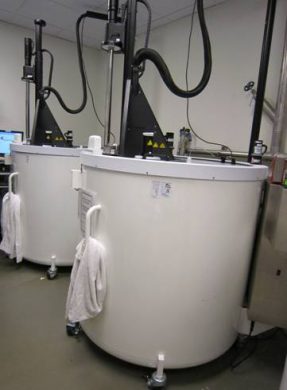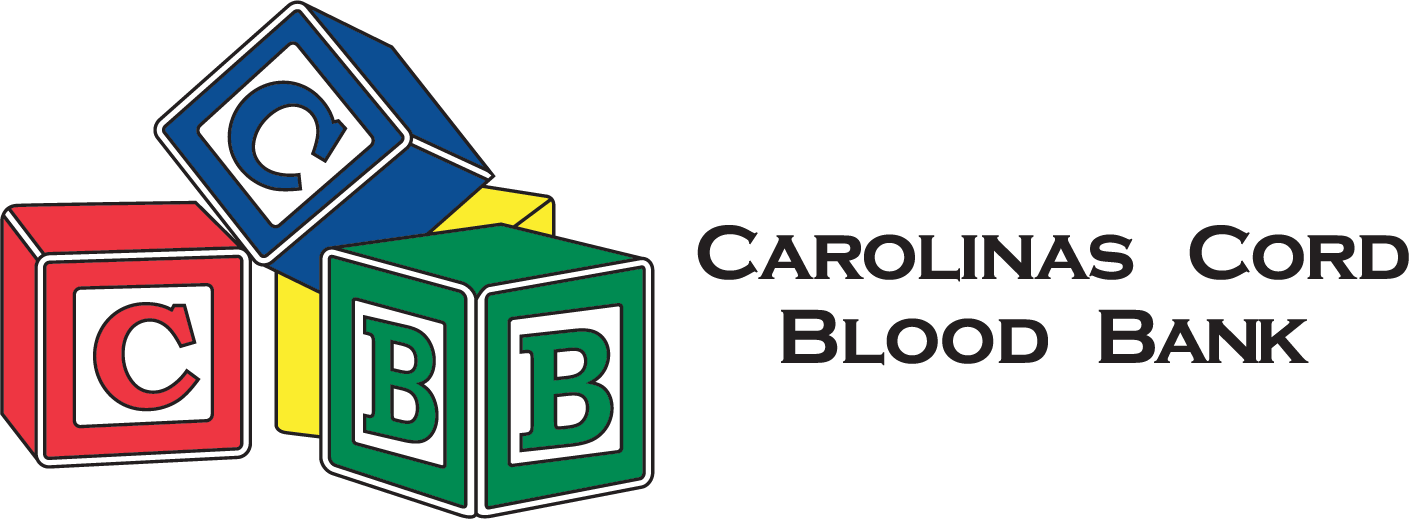Options

Today, expectant parents may choose to have the blood remaining in their baby’s umbilical cord and placenta (cord blood) collected and stored with either a Public Cord Blood Bank like the CCBB or a Private Cord Blood Bank, to donate it for research, or simply have it discarded as medical waste.
Public Cord Blood Banking
- Donated to a public cord blood bank: Parents may choose to donate their baby’s cord blood to a public cord blood bank, like the CCBB. A qualified donated cord blood unit will be listed on the national registry and made available to patients in need of a donor for an unrelated transplant. Families are not charged for donation to a public bank.
- Used for research studies: Cord blood donated to a public bank that does not qualify for banking may be used for research to help improve the transplant process for future patients or to learn more about blood formation or to develop new therapies using cord blood. If the cord blood is used for research, it is not stored for transplantation. The collection process for research is also free.
Directed Donation
- Saved for a family member who has a medical need: When a baby, their sibling or certain relatives have a disease that may be treated with a cord blood transplant, parents may choose to save their baby’s cord blood for directed donation. The CCBB facilitates this type of donation for families with a medical indication. Families who have a child with cancer, sickle cell disease, thalassemia, congenital immunodeficiency disorder, congenital or acquired marrow failure syndrome, or an inborn error of metabolism may be eligible. The cord blood banking services provided for a direct donation are the responsibility of the family or their health care provider. Contact the CCBB at 919-668-1119 for more information.
Private Cord Blood Banking
- Stored in a private cord blood bank: Cord blood stored in a private cord blood bank is saved for that family for a fee. Private cord blood banks are available throughout the country for anyone who chooses to pay for the collection and storage of the umbilical cord blood.
Discarding
- You can choose to do nothing with the umbilical cord blood, and it will be discarded after birth per hospital policy.
